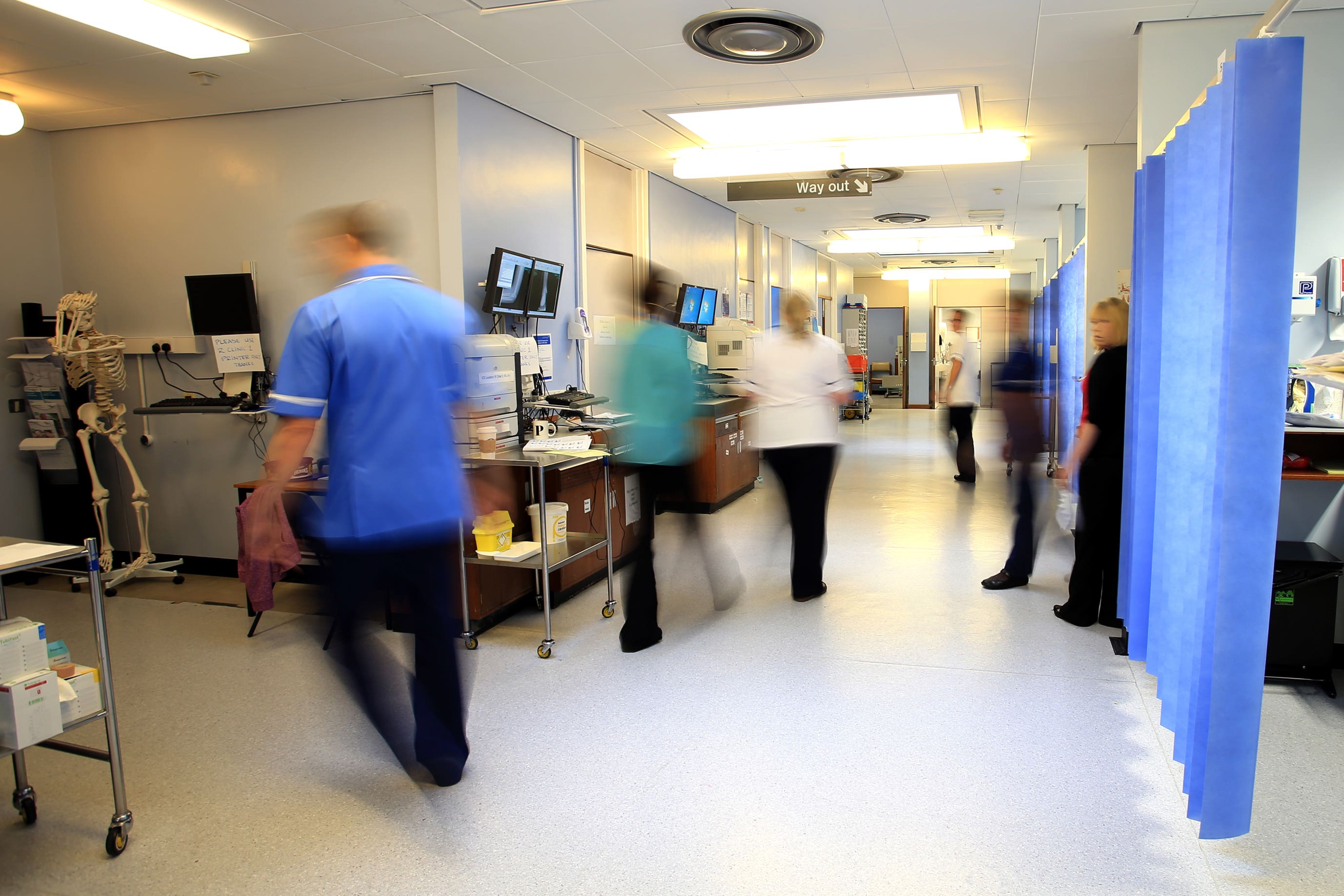Starmer doesn’t understand the NHS crisis – A&E departments like mine are already broken
Health service bosses are worried that new targets will turn A&E departments into ‘war zones’. Have any of them been to an A&E in the UK lately, asks doctor Sarah Williams

Earlier this week, I read the claims made by NHS leadership that operation targets will turn A&E departments into war zones. With no disrespect meant to those currently living in an actual war zone, have these NHS bosses seen the state of our A&Es currently?
Keir Starmer is unveiling his “Plan for Change” today – in which he (rightly) says the health service is “on its knees”. Yet while the government’s increased interest in improving the NHS is surely welcomed, throwing money at the problem is rarely a solution.
For departments on the frontline, like mine, it looks as though we won’t see much of that additional investment anyway. If the government is to pull funding from key areas such as emergency medicine, mental health and community healthcare to fund a political target of 92 per cent of routine operations and appointments within 18 weeks, they have misunderstood the real problems: bed space, patient flow and staffing.
Emergency departments are already broken. The number of patients coming through the front door and the acuity of their problems seems to be ever increasing. Mental health patients are routinely waiting in A&E for more than 72 hours for a bed in the appropriate ward.
When we can, we allocate them a bed space in the emergency department for the duration, but, often, some of this stay is on a chair where we can at least keep the patient visible in an attempt to maintain patient safety. A&E is not a suitable place for anyone in a mental health crisis for a multitude of reasons, not least because, as emergency practitioners, we do not have the capacity or time to give these patients the care they need.

As for elective surgery (that is, surgeries planned in advance and not in an emergency) being prioritised, I can see how this would be a political win, given that we have not achieved the proposed target in nearly a decade. Waiting lists for every speciality are embarrassingly long, which in itself brings more patients through the doors of the emergency department requesting or requiring emergency input due to a chronic condition that has not yet been managed.
But, to be clear, elective surgery encompasses almost everything surgical that has not come via the emergency department. This does not mean that all these patients have straightforward procedures that will be turned around within a day and not require ongoing hospital care. Where are the beds coming from to put these patients in post-op when we can’t even put our emergency surgical patients in a bed?
What of the potential for an increase in high-dependency-unit and intensive-therapy-unit need for some of the bigger elective operations? And for the increase in physiotherapy and occupational therapy requirements? Who is going to be doing all the emergency surgical work – and where are they going to be operating if the theatres are all prioritising elective work?
It is shortsighted to think that chipping away at the elective operation waiting time will make the NHS functional again.
I, along with every colleague I speak to, recognise and understand the frustration of patients waiting for surgery. We also know that what we are currently providing falls far short of our patients’ expectations of an NHS, as well as our own.
At medical school, it is reiterated time after time that you treat and assess a patient holistically and not just from their numbers to ensure you provide the best possible care. Maybe the government should approach their assessment of the NHS in a similar vein.
Dr Sarah Williams is Emergency Medicine Clinical Fellow at The Royal London Hospital



Join our commenting forum
Join thought-provoking conversations, follow other Independent readers and see their replies
Comments